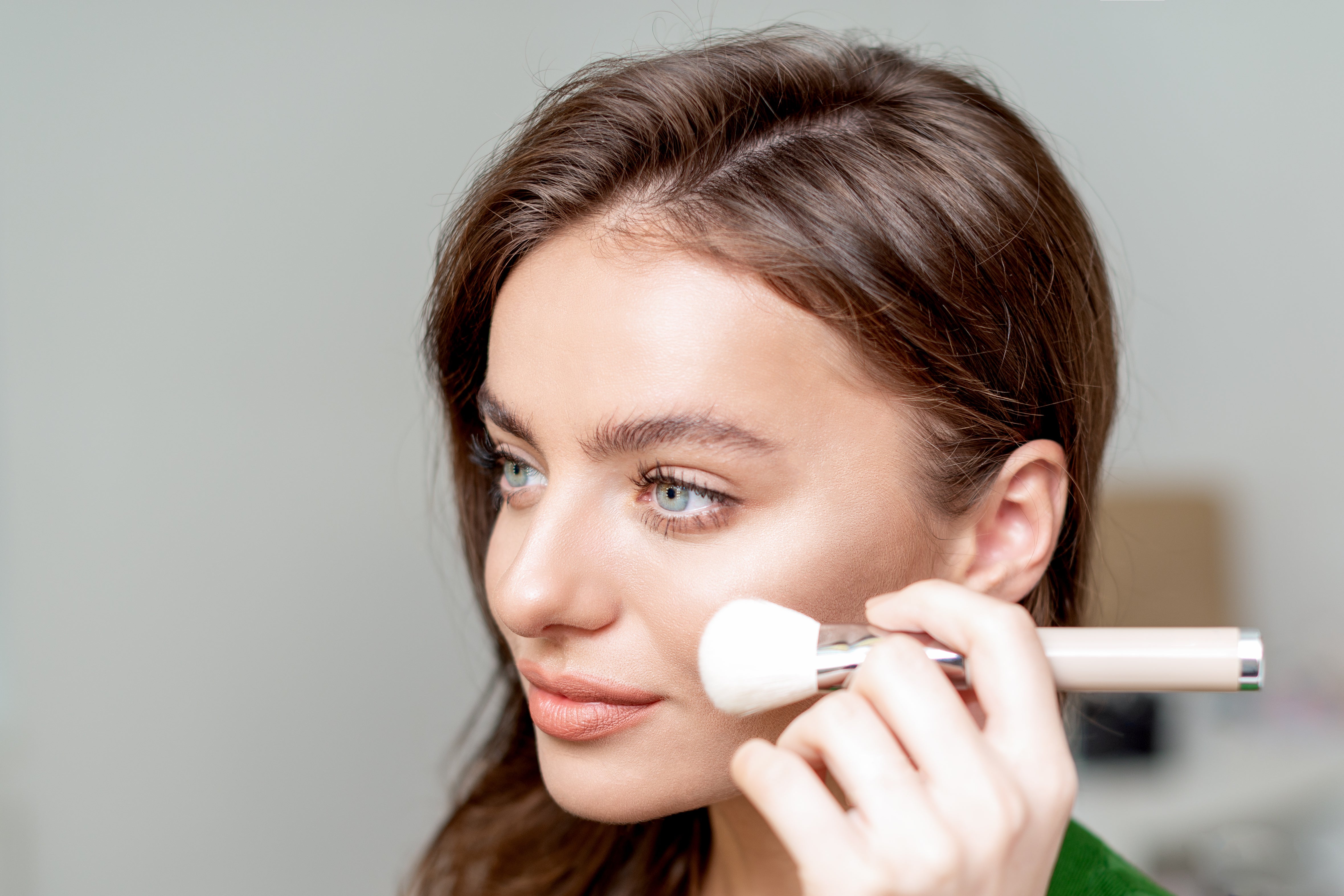
Screen Time and Skin Health | Is Blue Light Aging You?
The modern world brings modern health worries. Our devices— from the computers that we work with, to the phones that we use to socialize, to the televisions that we use to entertain ourselves—expose us to blue light. We know that this exposure can have a negative effect on our eyes and our sleep, but what about our skin health?
In this article, we’ll discuss the ways in which blue light could be aging us prematurely and explore some of the key ways in which we can protect our skin from our screens.
What Is Blue Light?
Electromagnetic energy is bouncing and throbbing all around us. It travels in waves, some of which are small (such as X-rays or gamma rays) and some are long (such as microwaves). Although most of these waves are imperceptible to the naked eye, some are visible, and we refer to these detectable waves as the visible light spectrum. Blue light is a part of this band of visible light. In fact, it has the shortest wavelength and the highest energy of all of the waves on the visible light spectrum, which means that it is exceptionally powerful and can penetrate the skin deeply.
Should You Be Concerned About Blue Light Damaging Your Skin?
When the blue light is traveling around us, it can sometimes penetrate the skin and travel through us. This is harmless when it occurs only occasionally: after all, the sun emits blue light, and human beings have been exposed to it throughout human history. However, the modern world exposes us to more blue light than ever before. Our computers, televisions, tablets, and phones all use LED technologies that emit large doses of blue light. Given that we use these devices every day to work, study, relax and socialize, we expose ourselves to large amounts of blue light on a regular basis.
This exposure can harm the health of our skin since blue light can cause collagen and elastin (proteins that keep our skin soft, hydrated, and elastic) to break down. When this happens, the skin becomes frail and dry, leading to sagginess and the emergence of wrinkles, which ages the face prematurely. Additionally, blue light can encourage the skin to produce excessive amounts of melanin, leading to discoloration and the emergence of brown spots on the skin’s surface.
How Do You Know if Blue Light Has Damaged Your Skin?
The effect blue light has on your skin will not become apparent immediately, as it can take time for blue light waves to break down collagen. However, early signs of wrinkling, redness, or swelling are key indications that your blue light affects your skin.
In addition, if you notice brown spots or any other form of discoloration emerging on your face, this could be a sign that blue light exposure is causing your skin to produce too much melanin, resulting in hyperpigmentation. In either case, you should make an appointment with your dermatologist to assess your skin health.

How Can I Protect My Skin From Blue Light?
Here are a few tips and tricks that you can use to defend your skin against blue light.
Limit your screen time
The most straightforward way to protect your skin from blue light is to reduce your exposure to it. Of course, this is easier said than done, since many of us depend on our devices for work. Nevertheless, reducing your time on your phone, laptop, and television as much as possible will help to protect your skin.
Use a blue light screen protector
Fitting your phone with a blue light screen protector will reduce the amount of blue light that it exposes your skin to. Blue light shields are also available for computer screens and laptops. Additionally, most phones have a setting called night mode, which turns off blue light. Keeping your phone in this setting will help to protect both your eyes and your skin.
Change your bulbs
If possible, swap your standard LED bulbs for versions that do not emit blue light. This will reduce your exposure to it in your home.
Wear blue light blocking glasses
Blue light blocking glasses prevent blue light from reaching your eyes. This will protect both your eyes and the thin, delicate skin that surrounds them.
Use sunscreen daily
Wearing any kind of sunscreen is extremely important for your skin health. Physical sunscreens using zinc oxide and titanium dioxide work well to block blue light. Chemical sunscreens are a good alternative, but some people find them irritating.
Use skincare products with Vitamin C
As we mentioned, blue light causes collagen to break down. This weakens the skin and speeds up the aging process. Antioxidants such as vitamin C fight this process by preventing the breakdown of collagen. Regularly applying skincare products that contain antioxidants like vitamin C to your face can prevent blue light from aging your skin.
Wear Oxygenetix Foundation
Oxygenetix Oxygenating Foundation and Acne Control Foundation help protect your skin from environmental pollutants and light rays. These foundations will maintain a protective barrier against blue light damage until the makeup comes off. The water-resistant and smudge-proof formulations protect the skin from harmful rays while maintaining healthy skin.
Oxygenetix formulations also contain patented Ceravitae®, a powerful agent in promoting younger-looking skin. Ceravitae® works to support oxygen uptake needed to maintain healthy-looking skin.
In conclusion
The effect that blue light is having on the health and radiance of our skin should not lead us to panic. If we take note of these simple and straightforward strategies for protecting our faces, we can defend our skin against blue light and maintain a vibrant, youthful look whilst still enjoying our devices.
Contributed by: Amelia Johenson


Laisser un commentaire
Ce site est protégé par hCaptcha, et la Politique de confidentialité et les Conditions de service de hCaptcha s’appliquent.